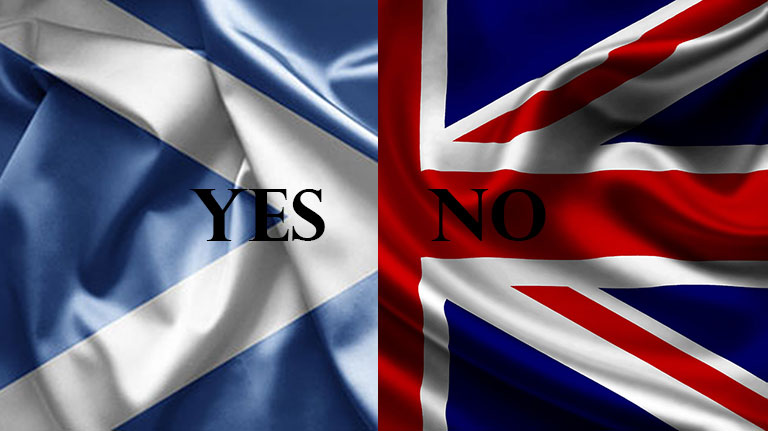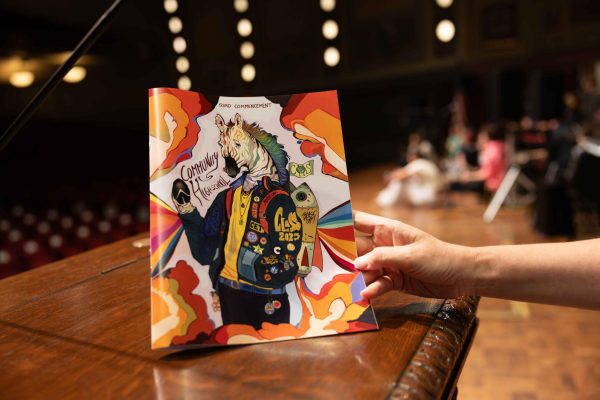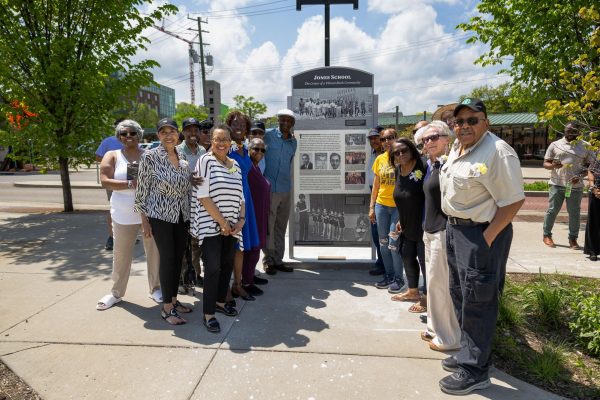Scotland’s Independence Referendum
“Should Scotland be an independent country?” That was the question Scottish residents were asked on Thursday Sept. 18, 2014.
Residents as young as 16 packed the polling stations and became part of Scottish history that will be remembered as the debate that either became the turning point against the fight for independence or the day that changed Scotland forever.
According to nytimes.com, about 4.7 million residents registered to vote and kept the 2,600 polling stations—located throughout Scotland—busy until closing time at 10 p.m. local time (5 p.m. ET.)
Although the question at hand seemed simple enough, that one word answer holds a lot of weight.
The votes for ‘yes’ would mean Scotland would gain independence from the United Kingdom. This in turn would be the biggest change in Britain since the two countries united 307 years ago in 1707.
While Scotland has a say in its own health care, education and legal systems, Scots are without a say in the government for their opinions have tended to be overshadowed by the Conservative majority in the south. Voting ‘yes’ would enable the more liberal representatives in their government to have a voice.
According to the Los Angeles Times, for many of the supporters for independence, the vote of yes comes from their own feeling of national pride.
If ‘yes’ wins, the country will spend the next 18 months figuring out a new currency and new systems of all sorts regarding passports, defense, taxation and license. Discussions about governmental details will be held and treaties with the European Union and NATO will need to be renegotiated.
There is no doubt in the ‘yes’ voters’ minds that saying yes will mean major risk taking; and that even if the results come in favor of the opposition they won’t stop fighting for independence.
“Whatever happens, Scotland is going to be different,” said Luke Campbell, a member of the Radical Independence Movement, told Huffington Post.
A ‘yes’ vote will not only change the union between the two and bring up currency and economic issues, it raises the question about the impact this debate had on the people: According the Huffington Post article “Scotland Independence Commences”, some of the ‘no’ supporters feel as though it has fueled bad feelings among neighbors.
Scotland will not only be different regarding social differences, but if the ‘no’ voters are favored, the Prime Minister of Britain and Leader of the Conservative Party, David Cameron, will face major challenges regarding the autonomy he promised to Scotland during his pro-independence campaign earlier this week.
Economic risk and uncertainty are the main reasons many are voting no. “All of our money comes from London,” Emma Hodcroft, a researcher studying the evolution of HIV said to USA Today. “Scotland gets more money than it puts in for research funding and that allows it to punch above its weight.”
Other voters who oppose the independence simply wish not to break up the union between Great Britain that has been standing for centuries.
If ‘no’ wins, Scotland will still be able to get a higher degree of self-rule; the most power since they merged with Britain. More control will be transferred to Edinburgh: powers that include the ability to set their own income taxes and more say over social spending will be gained.
Whether the ‘yes’ or the ‘no’ wins, the people of Scotland are undoubtedly going to see changes in their government, relationship to Britain and country.
For live reporting of the ballot counting and results from individual areas click here.










